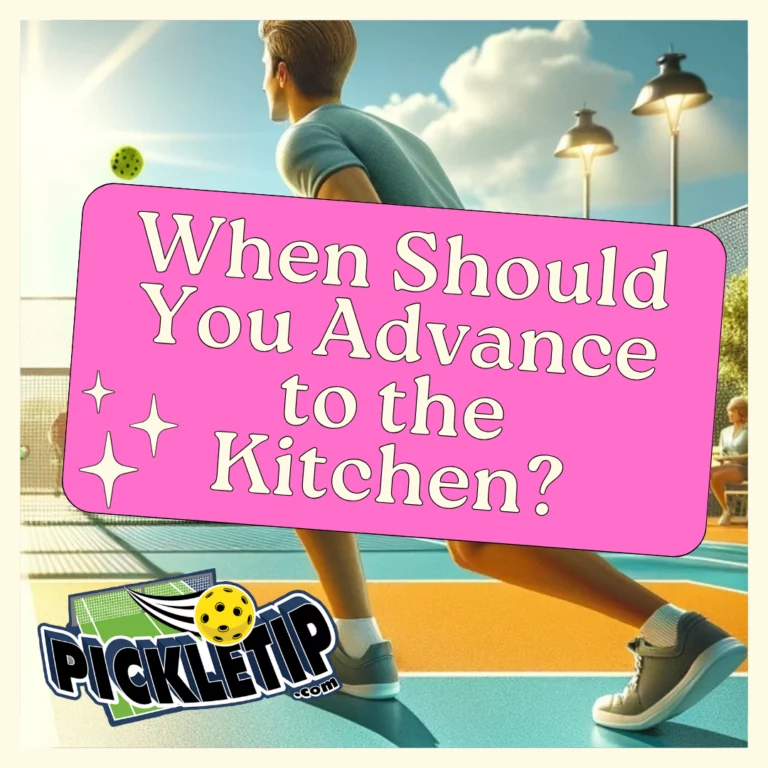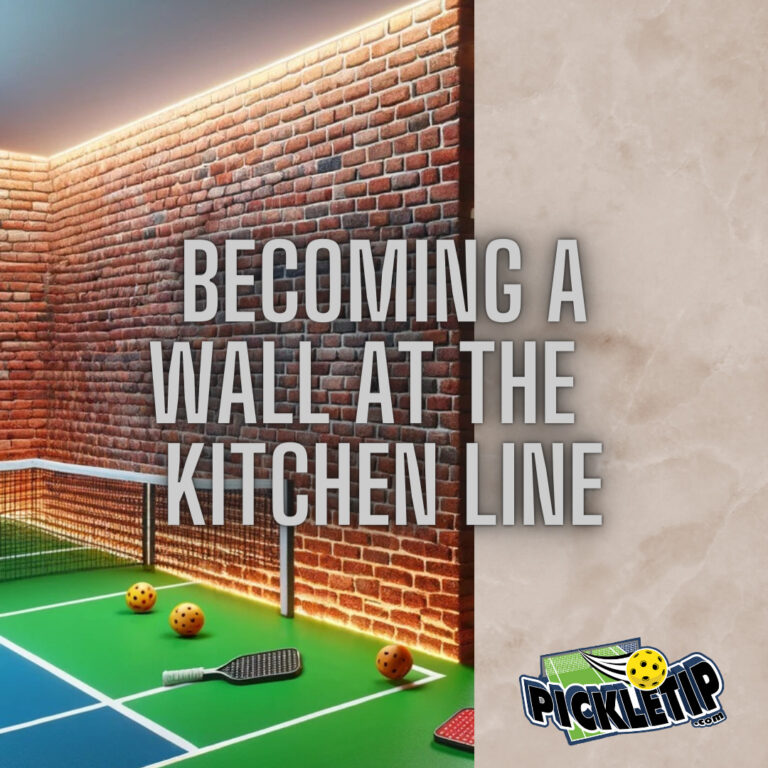Shake and Bake in Pickleball: Your Comprehensive Guide
The “Shake and Bake in Pickleball”: What Is It?
The “Shake and Bake in Pickleball” is a high-level offensive strategy, perfect for disrupting opponents in doubles play. A well-executed Shake and Bake can significantly shift the momentum of the game. It is a tactic that involves both members of a doubles team, the Shaker and the Baker, who will drive the ball and crash the net respectively.
Understanding Shake and Bake in Pickleball: The Shaker and The Baker
In the “Shake and Bake in Pickleball” strategy, there are two critical roles: the Shaker and the Baker. The Shaker initiates the play with a powerful drive, while the Baker crashes the net, capitalizing on the disrupted return from the opponents. The Shaker typically is the player with the stronger drive and better command over placing hard shots. On the other hand, the Baker is quicker, with better footwork and reflexes, and takes charge of the net play.
Executing Shake and Bake in Pickleball: Step by Step
Here are the three main steps in executing the Shake and Bake strategy:
Step 1: The Shaker Drives The Ball
The shaker drives the ball hard on the third shot, trying to keep it as low over the net as possible. This action is to prevent the opponents from getting an attacking opportunity. It is advisable to add some topspin to make the ball “dip” down to the court, making it difficult for the opponents to return the shot effectively.
Step 2: The Baker Crashes The Net
As the shaker is hitting their drive, the “baker,” or crashing player, rushes to the net. The baker is looking for a weak return shot from the opponent that can be attacked. This move requires quick reflexes and adaptability as the action near the kitchen line is often rapid-fire.
Step 3: The Baker Puts It Away
Once positioned at the non-volley zone, the baker waits for the opponent’s return of the shaker’s drive. Ideally, the opposing player will pop up the ball, making it easy for the baker to put away. A well-placed shot into the corners or at the opponent’s feet can secure the point for the team.
Essential Strategies for Success
Here are four tips for executing a successful Shake and Bake:
Tip 1: Hit A Quality Third Shot
As the shaker, aim for power and placement, pulling your opponent out of position and causing disarray. Target the weaker opponent to increase the chances of getting an attackable shot.
Tip 2: Cover The Open Court
Once the baker has rushed the net, the shaker must cover the open part of the court left behind. If the shaker fails to do this, the opponents will have plenty of open court space to place an effective return.
Tip 3: Jam Up Your Opponent
Put your opponents in an uncomfortable position by aiming for their non-dominant shoulder or hitting to their backhand. This will likely lead to a low-quality return that can be attacked.
Tip 4: Communication Is Key
Ensure that both partners are clear about their roles and what they need to do. If the situation requires a change in strategy, communicate it promptly to avoid leaving any part of your court undefended.
Defending Against the “Shake and Bake in Pickleball”
The best defense against the Shake and Bake strategy is to prevent the opponents from setting it up. This involves forcing them to hit a weaker third shot drive and hitting deep shots to keep them back at the baseline. Another effective method is to aim for the Baker as they rush to the net, making it harder for them to hit a good shot.
Conclusion
Mastering the “Shake and Bake in Pickleball” is a game-changer for any serious player. Combining strategic aggression, clever positioning, and perfect coordination, the Shake and Bake strategy can propel your Pickleball prowess to the next level! With practice, you and your partner will be shaking, baking, and winning more points on the pickleball court in no time!








Shake and Bake Tip #3
I think you mean to aim for their dominant shoulder (chicken wing). If you aim for their non-dominant shoulder they will just play a backhand.
Generally most players have weaker backhands. If the opponent has a strong backhand, the dominant shoulder would be best.